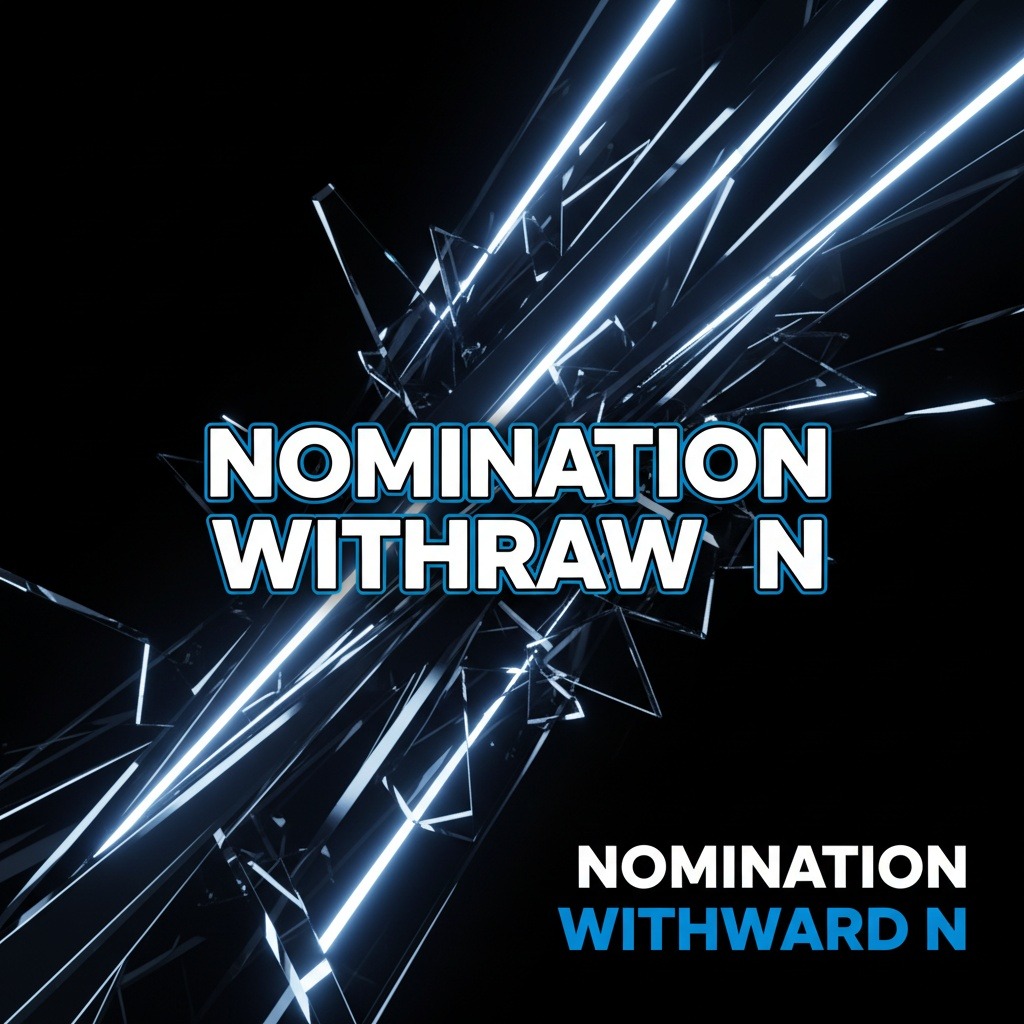The White House has officially retracted the nomination of Brian Quintenz to chair the Commodity Futures Trading Commission (CFTC), bringing an end to a contentious process that has unfolded over the past month. The decision marks a significant shift in the U.S. administration’s approach to managing crypto regulations, as Quintenz has been a notable proponent of the industry.
Quintenz, a former CFTC commissioner, was nominated by President Donald Trump shortly after his return to office. Since exiting the CFTC, Quintenz has taken on a role at venture capital firm Andreessen Horowitz, where he leads global policy efforts and serves as an adviser to companies such as prediction market platform Kalshi.
In a recent statement, Quintenz expressed gratitude for the nomination, calling it “the honor of my life.” He acknowledged the consideration of the Senate Agriculture Committee and indicated enthusiasm for returning to the private sector during this critical period for innovation in the United States.
Reports from reputable news sources like Politico and Punchbowl News confirm the White House’s withdrawal of Quintenz’s nomination. His supporters, particularly in the crypto sphere, had previously advocated for his confirmation. Among his proposals was the creation of a self-regulatory body for the crypto industry akin to the Financial Industry Regulatory Authority (FINRA) that oversees securities markets.
However, resistance to his nomination surfaced from unexpected allies. Tyler and Cameron Winklevoss, co-founders of crypto exchange Gemini and supporters of Trump, expressed concerns in July regarding Quintenz’s suitability for the role. Tyler Winklevoss highlighted doubts about Quintenz’s stance on industry developers and his collaboration with Kalshi.
Despite the Winklevoss brothers’ public opposition, Quintenz shared conversations with them that implied their primary objection stemmed from his unwillingness to publicly state his position on CFTC enforcement actions related to Gemini. In these messages, Quintenz emphasized the importance of having a “fully confirmed chair” to undertake any review of the Commission’s actions.
The withdrawal of Quintenz’s nomination comes as a surprise, especially after a coalition of crypto industry lobbyists and businesses rallied in support of his candidacy late last month. This campaign aimed to redirect momentum in favor of his nomination amidst several delays initiated by the White House to postpone votes in the Senate Agricultural Committee.
As the situation develops, the CFTC, currently led by Acting Chairman Caroline Pham, faces a void in leadership, with all other commissioners having departed since the start of 2025. Pham has also signaled a potential exit, prompting concerns over the agency’s ability to function effectively during a crucial time when Congress is evaluating legislation to enhance the CFTC’s authority over crypto spot markets.
The timing of these developments coincides with rising tension surrounding a pending government shutdown, casting doubts on the urgency of regulatory advancements in the crypto sector. As stakeholders await clarity, the absence of a confirmed chair at the CFTC continues to pose challenges for the oversight of digital asset markets.
As of now, the crypto community watches closely for new developments regarding the nomination of a director who might steer the agency’s future handling of cryptocurrencies.



